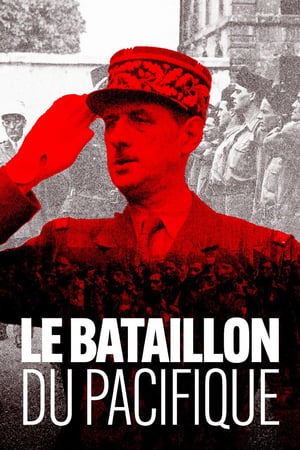Le Chemin des Juifs: A Survivor's Journey
Top 1 Billed Cast
self
Similar Movies
 9.0
9.0Olga Benario - Ein Leben für die Revolution(de)
Documentary drama about the revolutionary Olga Benario
Wojtek: The Bear That Went to War(en)
This is the story of Wojtek - a magnificent 500lb military bear who fought in World War Two alongside a band of Polish soldiers, shared their beer and cigarettes - and eventually their fate. Through understanding the life and death of this unique creature we discover new meanings to the terms immigrant, patriot, and human being.
Three Days in Auschwitz(en)
The director’s mother, Mirka Mora, avoided Auschwitz by one day. On his father’s side many perished in the Holocaust. These facts triggered three visits to Auschwitz by Mora from 2010 to 2014 in an effort to understand and remember.
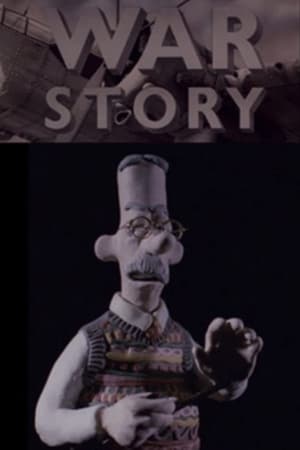 5.7
5.7War Story(en)
This claymation short film uses a real interview for dialogue. Bill Perry relates stories about his youth, his tilted house, and adventures during WWII in Bristol, England during the blitz. Preserved by the Academy Film Archive.
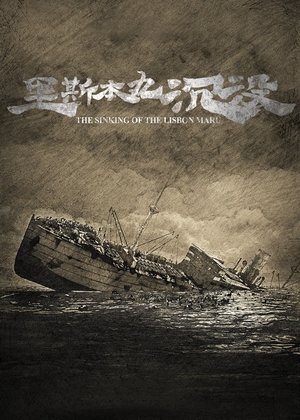 8.4
8.4The Sinking of the Lisbon Maru(zh)
Filmmaker Fang Li and his crew explore exhaustive historical investigation, as far as possible to find the core of the British, American, Japanese and Chinese parties and descendants, trying to infinitely close to the truth of the World War II "Death Ship" — "Lisbon Maru", which is 30 meters under the sea off the East Polar Island in Zhoushan, China.
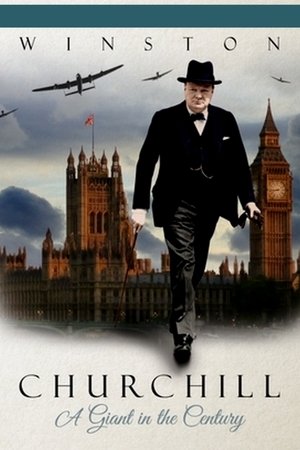 8.0
8.0Winston Churchill: A Giant in the Century(fr)
A new look at the public and private life of one of the most important statesmen in the history of Europe: Winston Churchill (1874-1965), soldier, politician, writer, painter, leader of his country in the darkest hours, winner of the Nobel Prize in Literature, a myth, a giant of the 20th century.
 8.3
8.3Fyra dagar som skakade Sverige - Midsommarkrisen 1941(sv)
At dawn on June 22, 1941, Germany invaded the Soviet Union. On the same morning, Germany demanded permission from the Swedish government to transport 18,000 German soldiers from Norway to Finland across Sweden by railway. This was a difficult problem for the Swedish government. On one hand remaining friendly with Germany at the height of its power, on the other maintaining a strict neutrality. The Swedish cabinet meet in Stockholm to decide upon the best reply to the German demands.
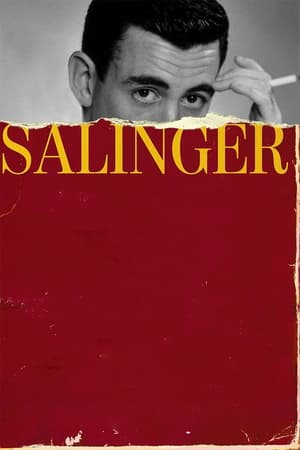 6.3
6.3Salinger(en)
An in-depth investigation into the private world of the American writer J. D. Salinger (1919-2010), who lived most of his life behind the impenetrable wall of a self-imposed seclusion: how his dramatic experiences during World War II influenced his life and work, his relationships with very young women, his obsessive writing methods, his many literary secrets.
The Road to Victory(en)
Documentary short film intended to drum up support for the Fifth War Loan Campaign. It shows a happy family in the future of 1960 enjoying the prosperity and advantages made possible by the successful prosecution of the war, and how the sacrifices of 1944 have made the world a better place. Edited down from The Shining Future (1944).
To My Great Chagrin: The Unbelievable Story of Brother Theodore(en)
He is considered to be one of the most significant links in the history of comedy, admired by such people as Eric Bogosian and Woody Allen. His television appearances have spanned from Merv Griffin to Dick Cavett to David Letterman. His long-running Off-Broadway show was hailed as "diabolical genius". He is Brother Theodore. A former millionaire playboy in the late1930's of Germany, Theodore endured the sobering loss of his entire family, his fortune, and his own identity, as a survivor of Dachau concentration camp. Shipped to America humiliated and stunned, Theodore yearned to reclaim his high-status and wealth. Continually haunted by his loss, and hindered as a displaced foreigner, he tapped "the power of despair" to re-invent himself, capitalizing on his dark, existential humor - to become one of America's most respected humorists and monologists.
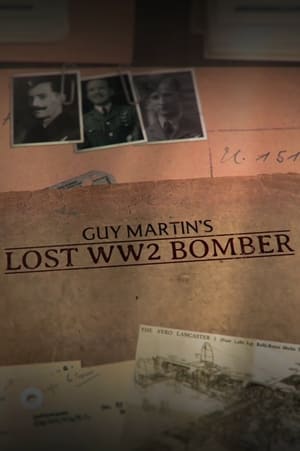 6.0
6.0Guy Martin's Lost WW2 Bomber(en)
Guy joins an ambitious engineering project to recover a crashed WW2 Lancaster Bomber – and the remains of its missing crew members – from the depths of the Dutch lake where it’s lain for 80 years.
 6.0
6.0Black Sun(de)
A historical analysis of how groups such as the Nazi’s may use language, symbols, and religious connotation in order to come to power. It raises questions that deserve in depth analysis and consideration. Questions include: Where do legends expand our thinking and where do they bury it? When does spiritual pursuit suddenly turn into fanaticism and violence? Last, have we as a society learned from our past, and if so have forgotten the lessons of the 20th Century? Are we now embarking on a new level only to learn the same old lessons about humanity again? In addressing these questions we are taken into the back drop of the history of Germany beginning in the late 1800’s through the late 20th Century at the eve of the 21st. “A society that does not take archetypes, myths, and symbols seriously will possibly be jumped by them from behind.”
 7.0
7.0Spell Your Name(en)
he film is based on the testimonies of survivors of the Holocaust that were collected by The Visual Library Archive of USC Shoah Foundation. Director Sergey Bukovsky takes the viewer on a journey of discovery as he and several Ukrainian students absorb the testimony of Ukrainian people who escaped brutal execution and those who rescued friends and neighbors during the Holocaust. A collection of men and women share the details of their experiences, and we are afforded a glimpse of modern-day Ukraine: the ethnic stereotypes that continue to exist and the manner in which Post-Soviet society is dealing with the question of how to memorialize the sites where tens of thousands of Jewish families and others were executed and thrown into mass graves.
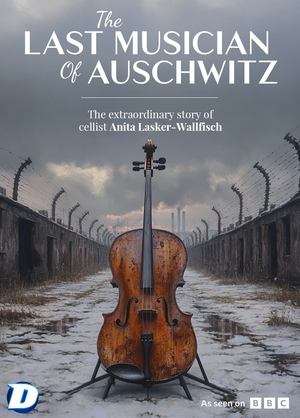 8.0
8.0The Last Musician of Auschwitz(en)
Tells the extraordinary story of Anita Lasker-Wallfisch who, along with other victims of Auschwitz, played and created music amidst the terrors of the Holocaust.
 1.0
1.0The Secret Masonic Victory of World War II(en)
Western Freemasonry and Eastern communists won WW2, leading to a secret holy war aiming for a one-world government and a single religion in a communist utopia.
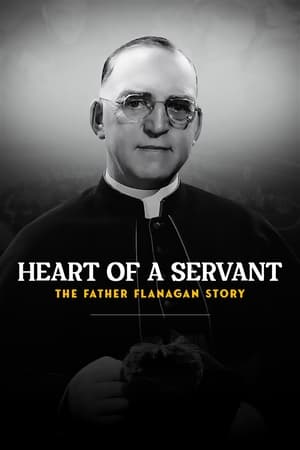 0.0
0.0Heart of a Servant: The Father Flanagan Story(en)
Father Edward J. Flanagan is a familiar name to many Americans, often for the Oscar-winning 1938 film starring Spencer Tracy about Flanagan’s groundbreaking child welfare organization. But the story extends far beyond that, to a man whose name and legacy are still well-known as far as Germany and Japan. Flanagan gained influence and admiration over the course of his life from Presidents, CEOs, celebrities and more, but none mattered more to him than that of the children for whom he tirelessly worked. A sobering reminder of this was during WWII, as Flanagan saw droves of former Boys Town citizens go off to war. In fact, so many former Boys Town boys named Flanagan as their next of kin that the American War Dads Association named him as America’s No. 1 War Dad.
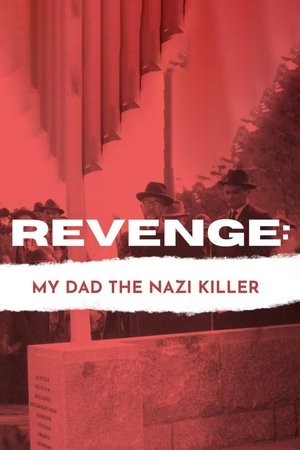 0.0
0.0Revenge: Our Dad the Nazi Killer(en)
70 years after a body is found floating in a Sydney river, middle aged Jewish doctor Jack learns his father, a Holocaust survivor, is responsible for the unsolved murder of an alleged Nazi and sets out on a quest to find the truth.
The True Story of the Bridge on the River Kwai(en)
Made famous by the 1957 Hollywood movie, the bridges of the River Kwai emblematize one of the most misunderstood events in history. Contrary to the romanticized film version, the structures represent a period of terror, desperation, and death for over 16,000 POWs and 100,00 local slaves. The Thailand - Burma Railway was the vision of the Japanese Imperial Army: a 250-mile track cut through dense jungle that would connect Bangkok and Rangoon. To accomplish this nearly impossible feat, the fanatical and ruthless Japanese engineers used POWs and local slaves as manpower. Candid interviews with men who lived through the atrocity - including Dutch, Australian, British, and American POWs - illuminate the violence and horror of their three-and-a-half-year internment. From Britain's surrender of Singapore the enduring force of friendship, The True Story Of The Bridge On The River Kwai narrates a moving and unforgettable account of a period in history that must be remembered.
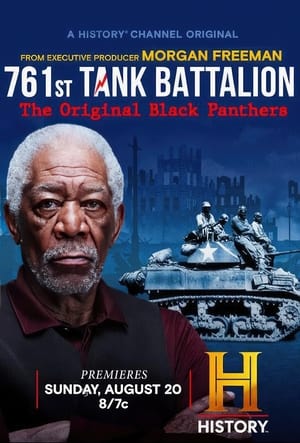 6.0
6.0761st Tank Battalion: The Original Black Panthers(en)
The riveting story of the first all-Black tank battalion to fight in US military history. Under General George Patten's command, the 761st fought heroically throughout WWII and were the furthest east of all US troops in the European theater of war.
